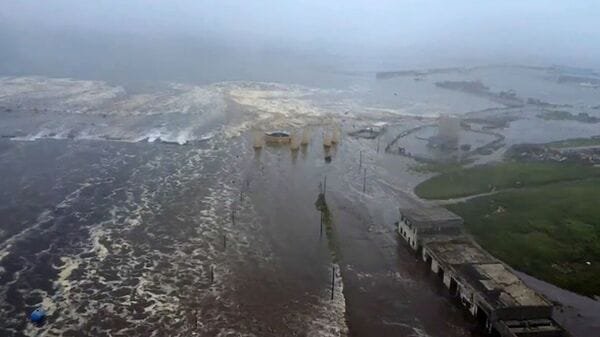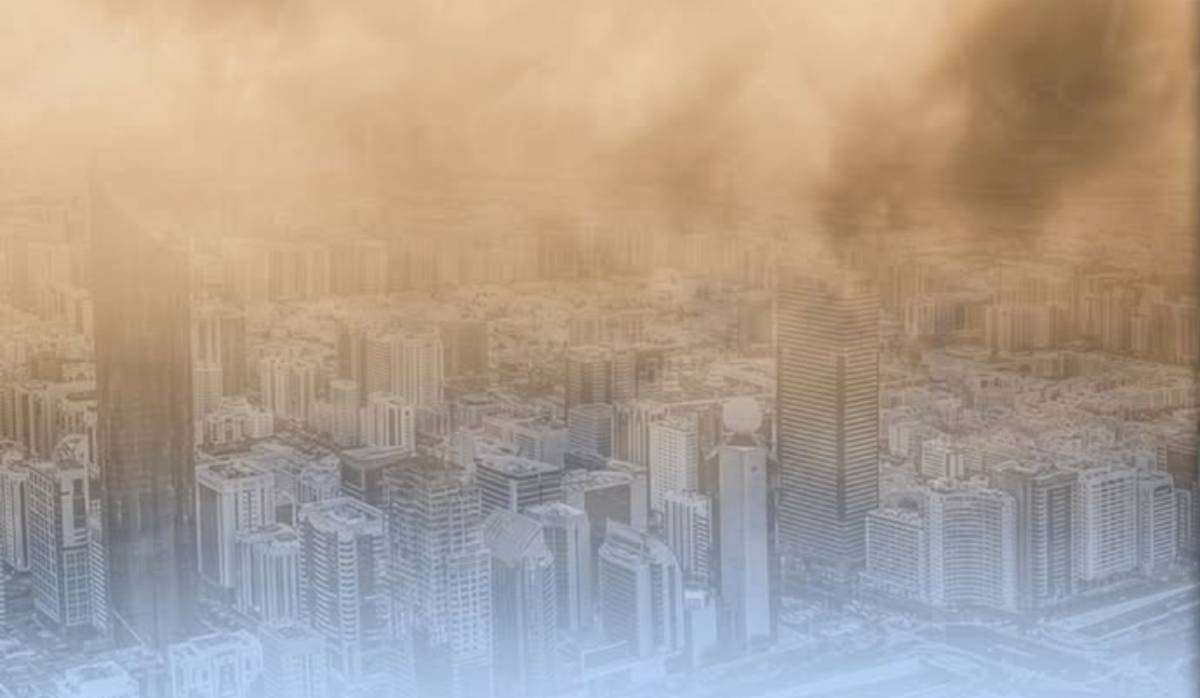The world’s highest court has issued a clear warning saying; ignoring climate change could come with legal consequences.
On Wednesday, the United Nations’ top court said countries that fail to take meaningful action against climate change might be violating international law, and could even face demands for compensation.
In a landmark advisory opinion, the International Court of Justice (ICJ) in The Hague stated that countries suffering damage due to others’ inaction on climate protection could have the right to seek reparations.
The decision, though not fully expressed, was widely praised by climate activists. Many welcomed the court’s statement affirming that access to a “clean, healthy and sustainable environment” is a basic human right.
The case was brought forward by the Pacific island nation of Vanuatu and supported by more than 130 other countries. For years, low leveled island nations have pushed for stronger climate accountability, fearing they may one day be swallowed by rising seas.
In 2023, their consistency made the UN General Assembly to formally request the ICJ’s opinion, a step seen as crucial in shaping global legal obligations on climate issues.
A panel of 15 judges was asked to weigh in on two key questions: First, what do countries legally owe the world under international law when it comes to reducing human driven greenhouse gas emissions? And second, what are the legal consequences when a country’s actions, or failure to act, cause significant harm to the climate and environment?
The ICJ’s opinion is expected to cause a remarkable change in the future international negotiations and legal efforts to hold countries accountable for climate related damage.





